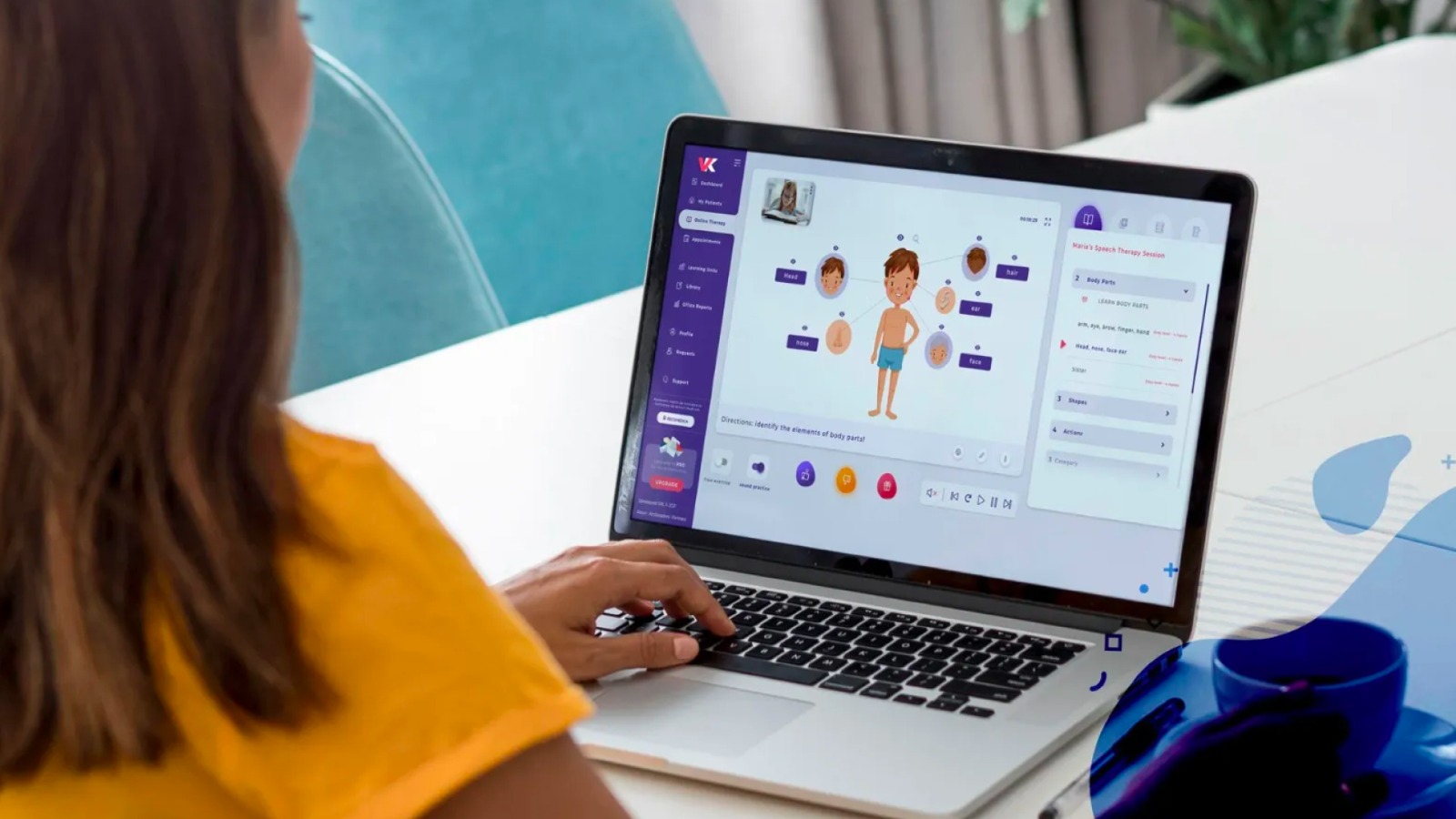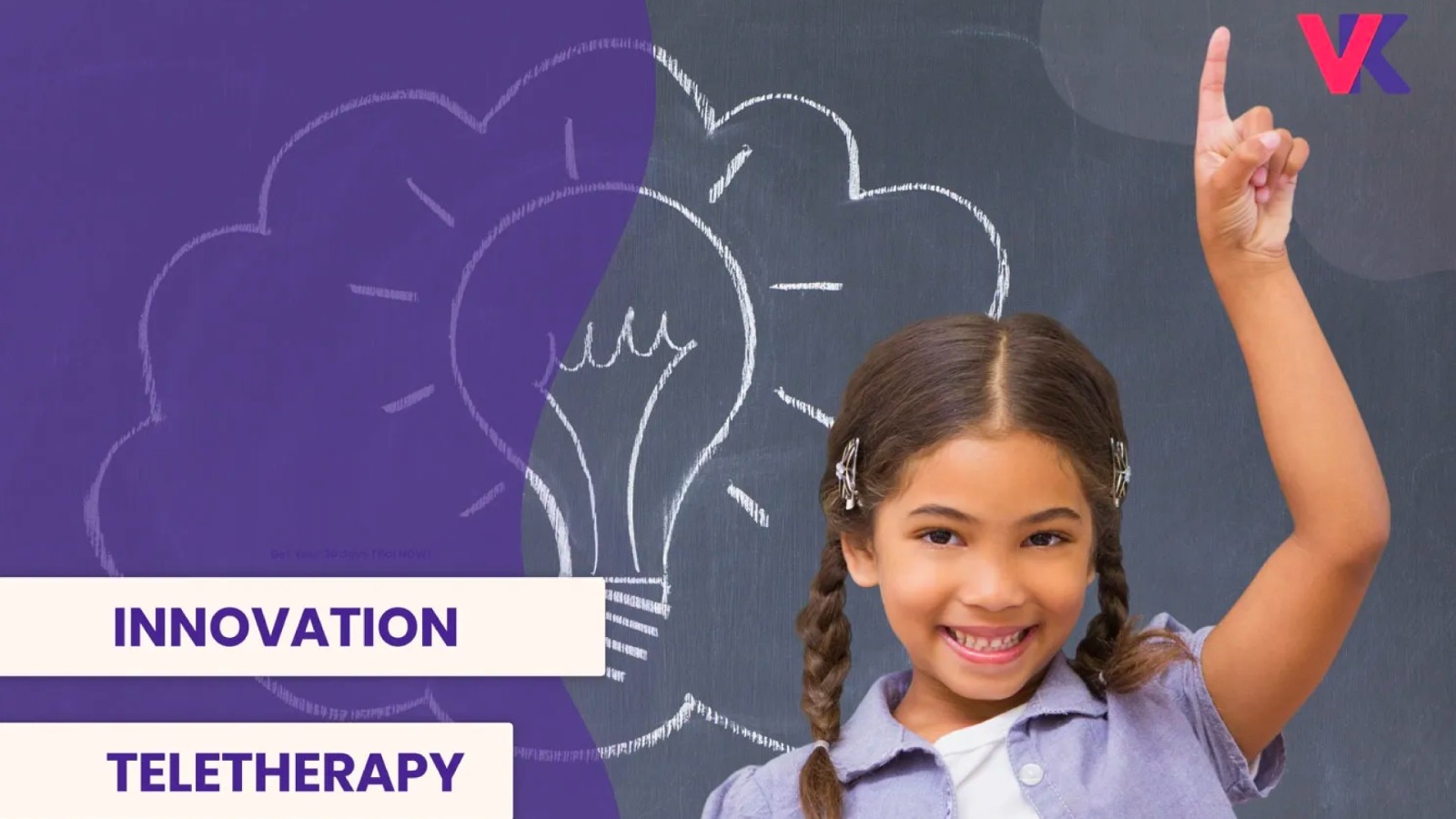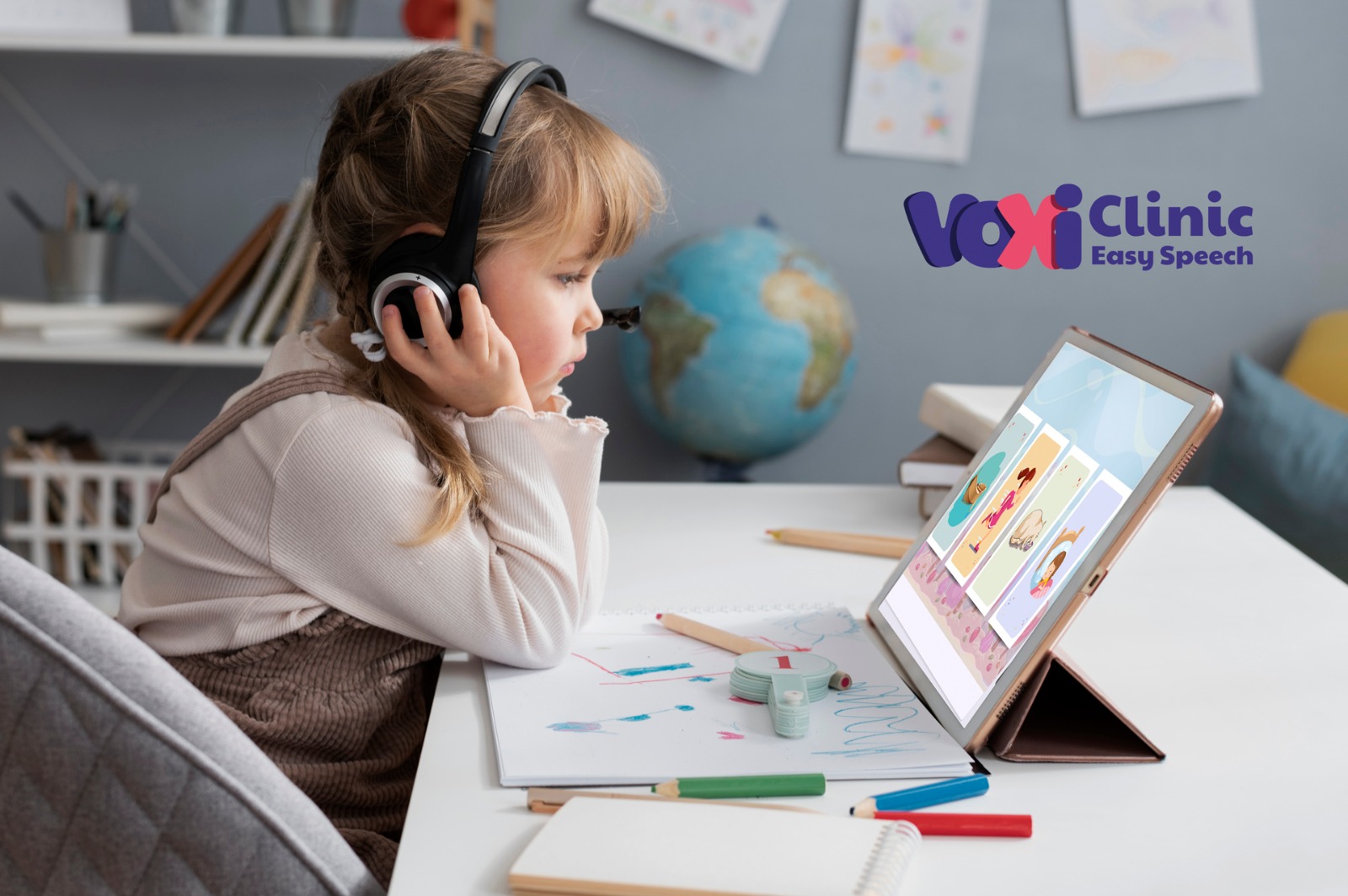Associate Professor at Babeș-Bolyai University in Cluj
Voxi: From your experience, do you consider online therapy to be as effective as in-office therapy?
Carolina: Speech therapy can be successfully conducted online in certain diagnostic contexts. The efficiency of speech therapy in the online environment is the primary aspect when we are in a situation to opt either for onsite/face-to-face therapy or for online therapy. From my practical experience, especially from the last period (I mention that I was doing online speech therapy before the pandemic, but on a smaller scale than now), I believe that online speech therapy has increased efficiency in certain diagnostic contexts, and if we have family support, even in diagnostic contexts where the benefits of this type of therapy are reduced, we can obtain encouraging results.
It is evident that in-office speech therapy is the most desirable therapy, but in a pandemic context, in a situation where we have long distances to travel, when we rely on consistent support from the parent, when the beneficiary of speech therapy is quasi-independent in the use of technological resources, online speech therapy can be an advantageous solution.
Q: What are the benefits of teletherapy, and who can benefit from it?
C: The advantages of online speech therapy include eliminating distances, protecting us and our children in a pandemic situation, and reducing costs related to space and travel.
The beneficiaries of online speech therapy can be both children and adults, as well as their families. Of course, in certain diagnostic contexts, such as multiple disabilities or autism spectrum disorders, online speech therapy is less effective. Therefore, it is either combined with in-office speech therapy or is not considered an option.
V: Do you consider VoxiClinic a valuable speech therapy resource?
C: The idea of a digital clinic where the therapist has more resources at hand, as well as the possibility to conduct therapeutic activities in a secure virtual space, without having to opt for different online platforms, configures VoxiClinic, a certainly innovative project, as a possible valuable speech therapy resource.
What I would like from this project is for the exercises and tasks proposed to users through VoxiClinic to be scientifically validated. Therefore, I believe that highlighting evidence-based speech therapy practice can give the clinic additional value.
V: What do you think is new about the Voxi digital clinic?
C: The Voxi digital clinic brings as a first element of novelty the integration of online resources and the possibility of conducting online speech therapy through the Voxi platform. Also, the digitization of classic speech therapy exercises and activities is another element of novelty, but at the same time very pertinent, considering the global evolution of things.
V: What do you think is the impact of VoxiClinic on children/beneficiaries?
C: VoxiClinic can be a valuable speech therapy resource, which can bring children and their families the chance to benefit from speech therapy, even in delicate contexts, such as the situation we have been going through for almost 2 years.
Q: How long does an online speech therapy session last? Does it last as long as a traditional in-office session?
C: An on-site speech therapy session lasts 50 minutes. Sometimes the online speech therapy session, in order to be effective, we divide it into two sessions, especially with young children or in diagnostic contexts where the engagement in tasks of the beneficiaries is more deficient.
Carolina Bodea Hațegan is Associate Professor, PhD at the Department of Special Psychopedagogy, Faculty of Psychology and Educational Sciences, Babeș-Bolyai University, Cluj-Napoca / founding member and president of the Association of Specialists in Language and Communication Disorders Therapy in Romania - ASTTLR.





